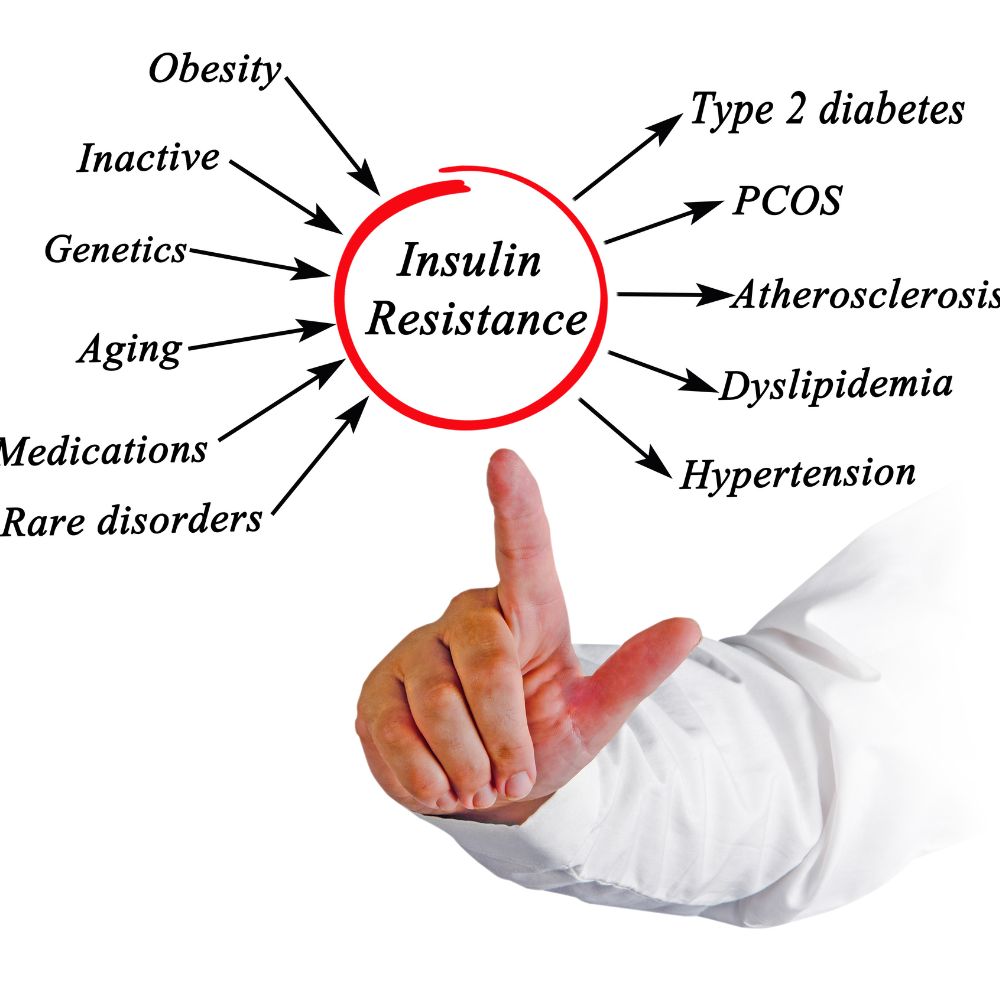
"24 hours with NO FOOD?"
"WHY DO THAT?"
"I THINK I WOULD DIE..."
That is the usual responce I get when I mention this to friends or clients. Well… let me explain.
I have recently been experimenting with regular 24 hour fasting for health and weight loss benefits… My sunday fast (24 hours) is something I now look forward to and I though I would share the reasoning and justifications behind my decision to do this every week.
Sit back, grab a coffee and enjoy this 5 minute read
A 24-hour fast is a period where a person abstains from consuming any food or calories for 24 hours. It typically starts after dinner and lasts until the following day’s dinner.
During this time, it is still important to drink plenty of water and other non-caloric beverages to stay hydrated. Black coffee and green/black tea are generally accepeted as part of the protocol, but some protocols only allow for water.

The purpose of a 24-hour fast is to give the digestive system a break, promote weight loss, improve metabolic health, and potentially provide other health benefits.
There are several benefits to doing a 24-hour fast, including:
The term “starvation mode” refers to a metabolic response that occurs when the body is deprived of food for an extended period.
The body’s metabolism slows down to conserve energy and preserve body fat, which can make it more difficult to lose weight. However, the exact timing of when fasting becomes “starvation mode” is a matter of debate among experts.
Some studies suggest that the body may begin to enter starvation mode after as little as 16-24 hours of fasting, while others suggest that it may take several days of fasting before this response occurs.
For example, a study published in the American Journal of Clinical Nutrition found that after 72 hours of fasting, the metabolic rate decreased by an average of 8%, which is consistent with the body entering starvation mode (1).
Another study published in the Journal of Translational Medicine found that participants who fasted for 48 hours experienced a decrease in resting metabolic rate, but that this response was not significant enough to be considered starvation mode (2).

Overall, the timing of when fasting becomes “starvation mode” may depend on factors such as the individual’s body composition, level of physical activity, and the length and frequency of the fast.
One of the main benefits of a 24-hour fast is giving the digestive system a break. During a fast, the body does not have to spend energy digesting food and can instead focus on repairing and rejuvenating other systems.
This can lead to improvements in gut health, as well as a reduction in inflammation and oxidative stress. In addition, fasting has been shown to improve insulin sensitivity and lower the risk of chronic diseases such as diabetes, cardiovascular disease, and cancer (3).
Research has found that even short periods of fasting can have a positive impact on gut health.
A study published in the journal Cell Reports found that intermittent fasting, which includes periods of 24-hour fasts, can help to increase the diversity of gut microbiota, which is important for overall digestive health (4).
Another study published in the journal Nutrients found that fasting can help to reduce inflammation in the gut and improve symptoms of inflammatory bowel disease (5).

Overall, giving the digestive system a break, through a 24-hour fast can have numerous benefits for overall health and well-being. Especially for those who regularly experience digestive system issues.
Fasting reduces calorie intake, which can lead to weight loss. In one study, people who fasted for 24 hours lost an average of 1.2 kg (2.6 lbs) of body weight (6). This weight will later return when you re-feed (depending on how much you eat), however, your daily and weekly calorie intake will be reduced by the extended time period without food, resulting in some weight loss.

Fasting can also increase metabolism, which may further contribute to weight loss. One study found that fasting for 24 hours increased metabolic rate by 3.6-14% (7).
It is important to remember that daily calorie in/out is the most important factor for weight gain/loss. Without a sustained calorie deficit, fasting itself will do very little for weight or body fat loss.
Fasting can lower insulin levels, which improves insulin sensitivity. In one study, fasting for 24 hours reduced insulin levels by 20-31% (8).
Improved insulin sensitivity can help with blood sugar control, which is beneficial for people with diabetes. One study found that a 24-hour fast improved glycemic control in people with type 2 diabetes (9).

Fasting can reduce inflammation, which is a risk factor for heart disease. In one study, fasting for 24 hours reduced markers of inflammation, such as C-reactive protein (CRP) (10).
Fasting can also lower blood pressure and improve cholesterol levels, both of which are beneficial for heart health. One study found that a 24-hour fast reduced blood pressure and improved lipid profiles in healthy adults (11).

Fasting can increase brain-derived neurotrophic factor (BDNF), which is a protein that helps improve brain function and protect against neurodegenerative diseases. One study found that fasting for 24 hours increased BDNF levels by up to 400% (12).
Fasting can also increase the production of ketones, which can provide an alternative energy source for the brain and improve cognitive function (13).

Studies in animals have shown that fasting can extend lifespan (14).
Fasting has also been found to promote healthy aging by reducing oxidative stress and inflammation, two processes that contribute to age-related diseases (15).
Fasting has also been found to reduce risks of disease, they it can assist with lifespan extension.

Fasting can stimulate the immune system by activating immune cells and reducing inflammation (16).
Studies have also found that fasting can improve the response to vaccinations (better immune cell production), which suggests that it may enhance immune function (17).

Fasting has been associated with a reduced risk of chronic diseases, such as cancer, diabetes, and heart disease (18).
The mechanisms behind these benefits are not fully understood, but fasting has been found to improve various metabolic markers and reduce inflammation, both of which are risk factors for chronic diseases.

According to the literature, there are potential side effects and risks associated with 24-hour fasting. Some individuals may experience symptoms such as headaches, dizziness, fatigue, and irritability, especially if they are new to fasting or have underlying health conditions (19, 20).
Prolonged fasting can also lead to dehydration, electrolyte imbalances, and a decrease in muscle mass (19, 20). It is important to consult with a healthcare professional before starting a fasting regimen, especially if you have a history of medical conditions or are taking medication (20).
While 24-hour fasting can be a safe and effective way to promote health and weight loss, there are certain individuals who should not fast.
These include pregnant or breastfeeding women, individuals with a history of eating disorders, those who are underweight or have a BMI below 18.5, and people with certain medical conditions such as diabetes or kidney disease (20). Additionally, children and adolescents should not fast, as they require regular meals for proper growth and development (20).
If you have any concerns about whether or not fasting is safe for you, it is important to speak with a healthcare professional before starting a fast.
I hope you found this guide useful, if so, give it a share on social media!
Stay frosty,
Simon
-Nutritionist, Owner of Found My Physique
Fuel your potential with healthy nutrition. Found My Physique’s goal is to help make amazing body transformations easy, using proven nutrition and training protocols.

